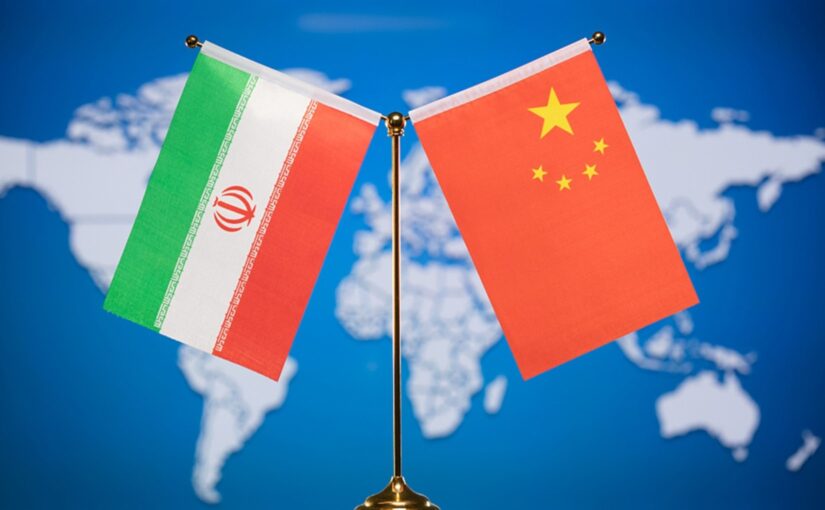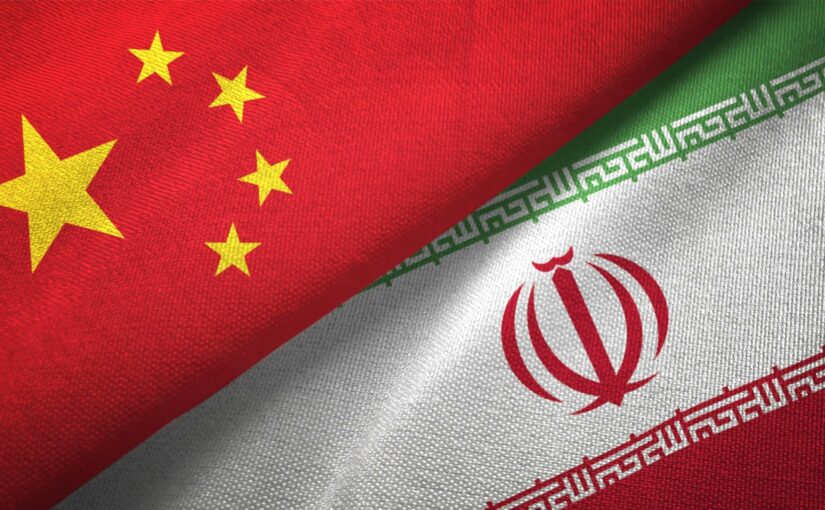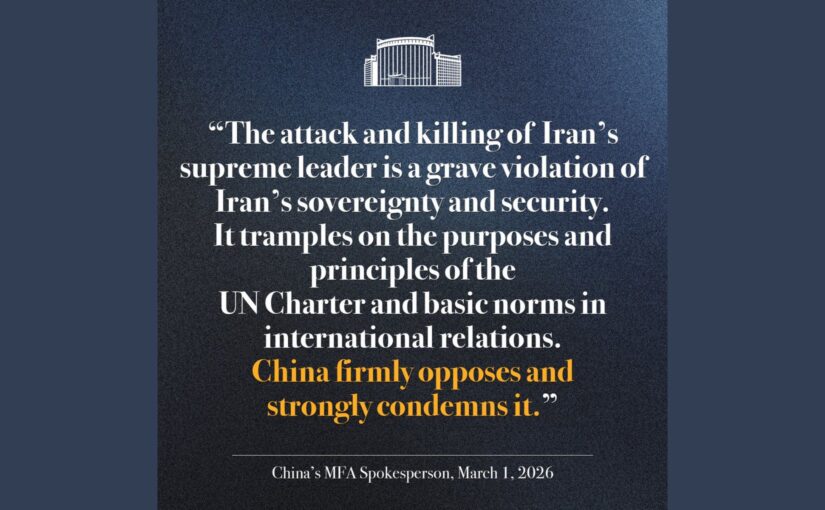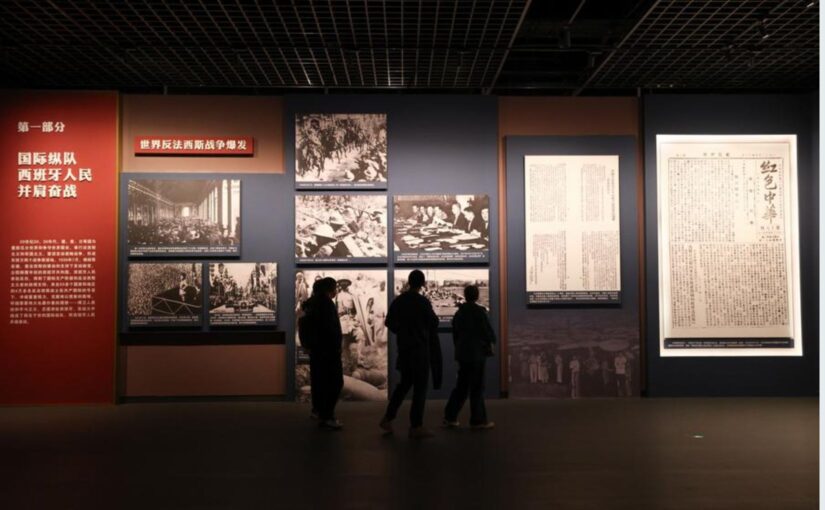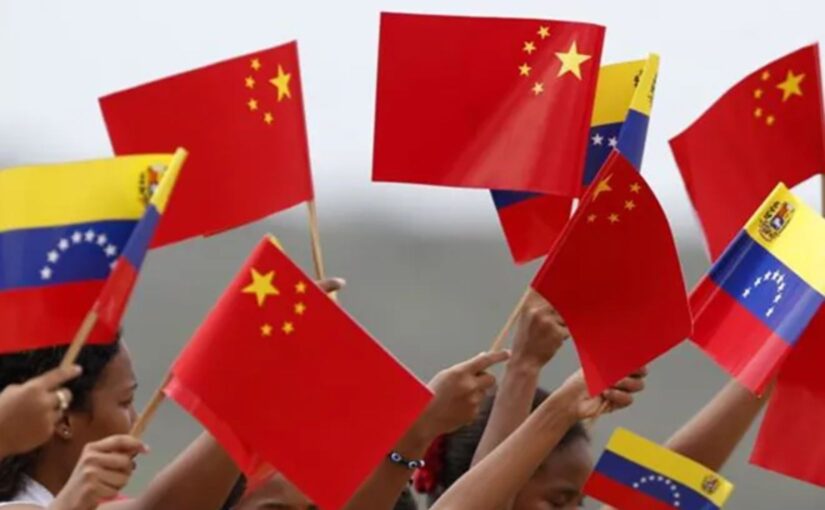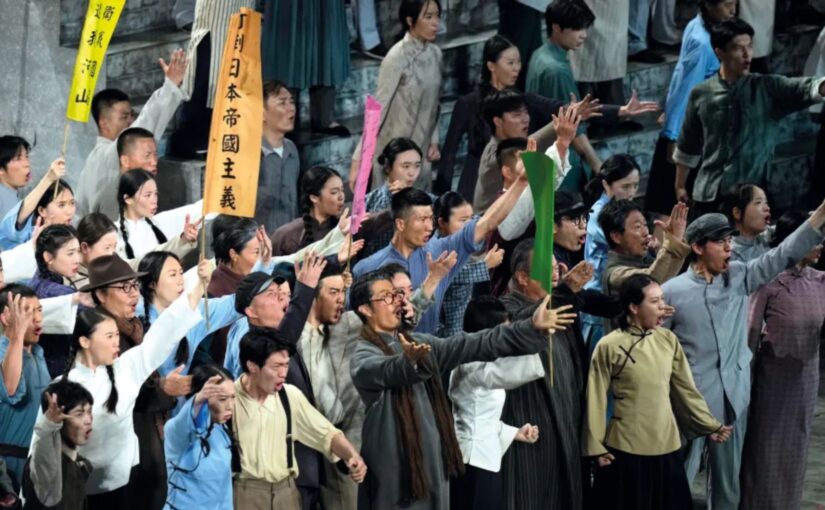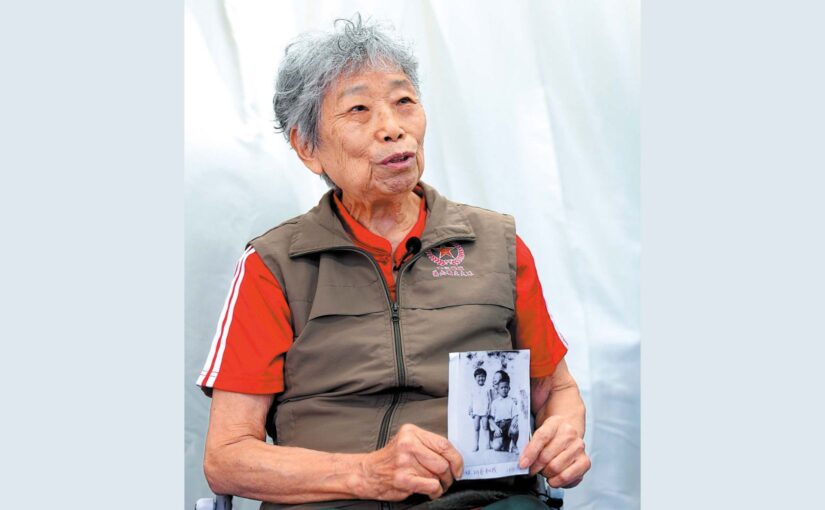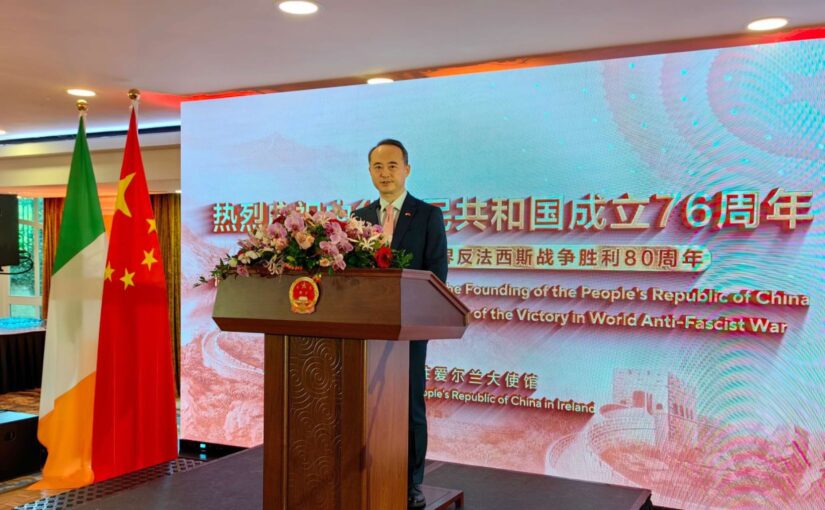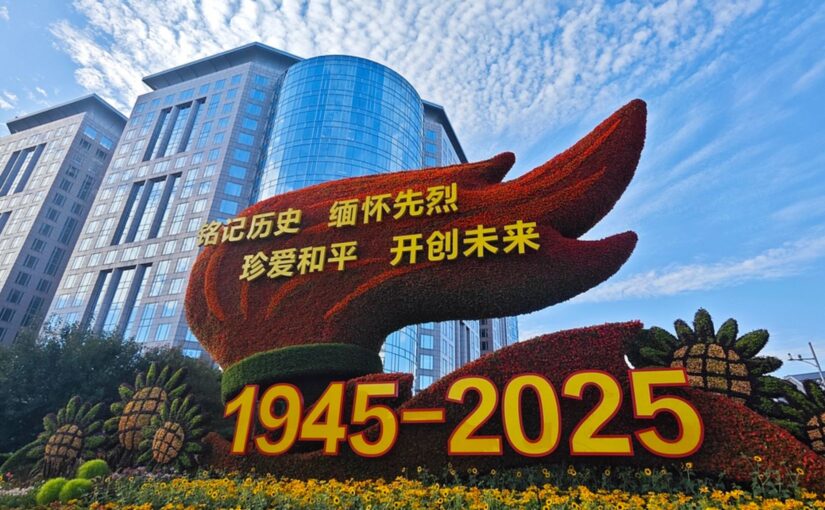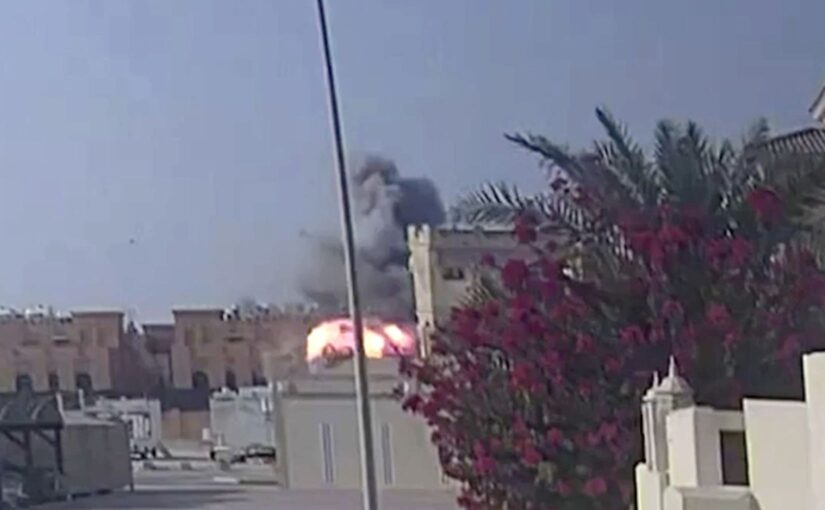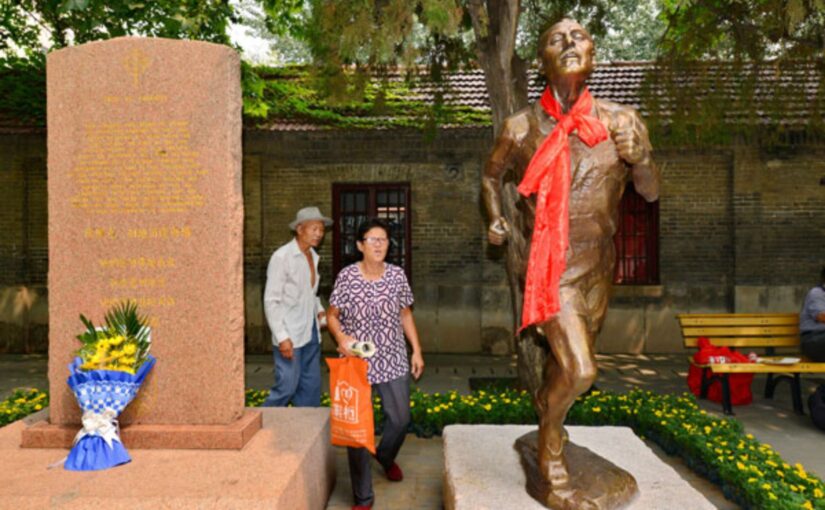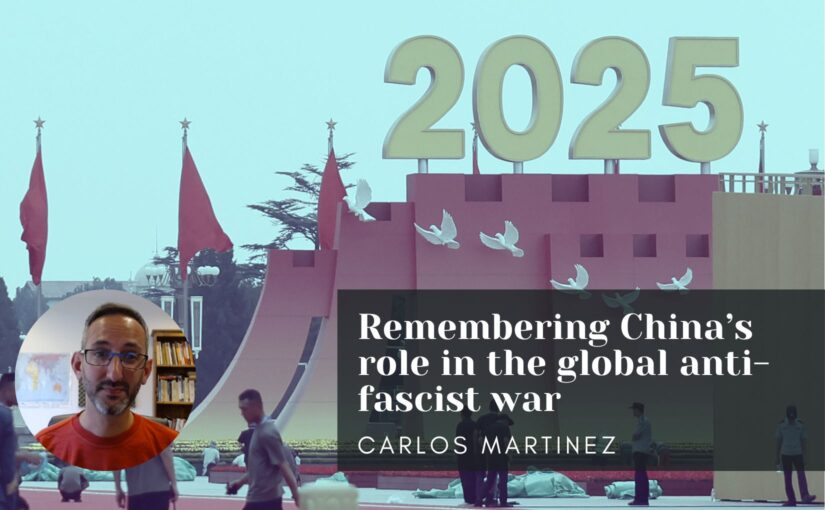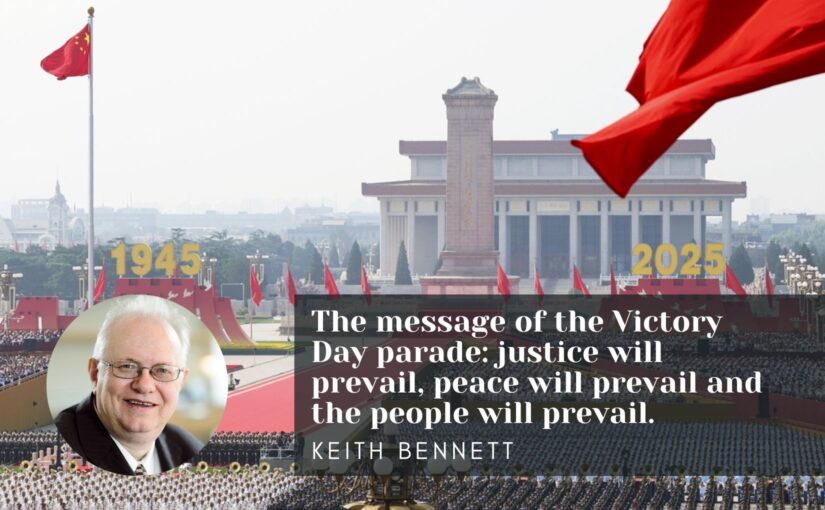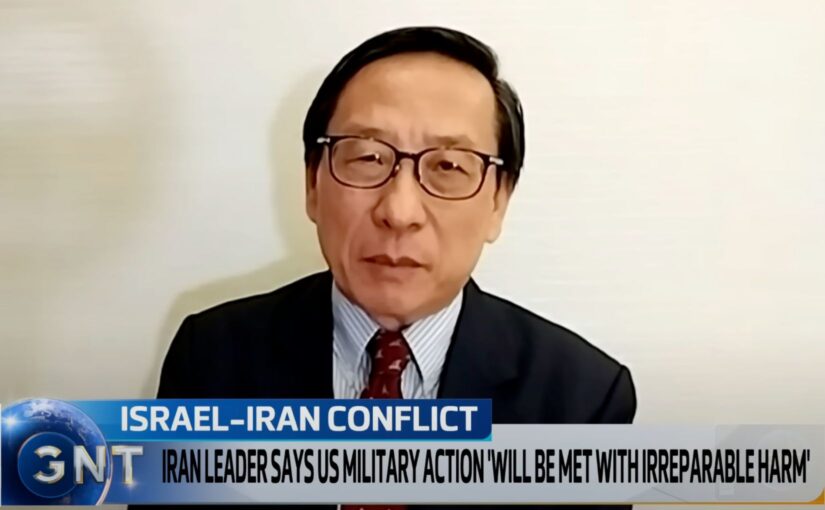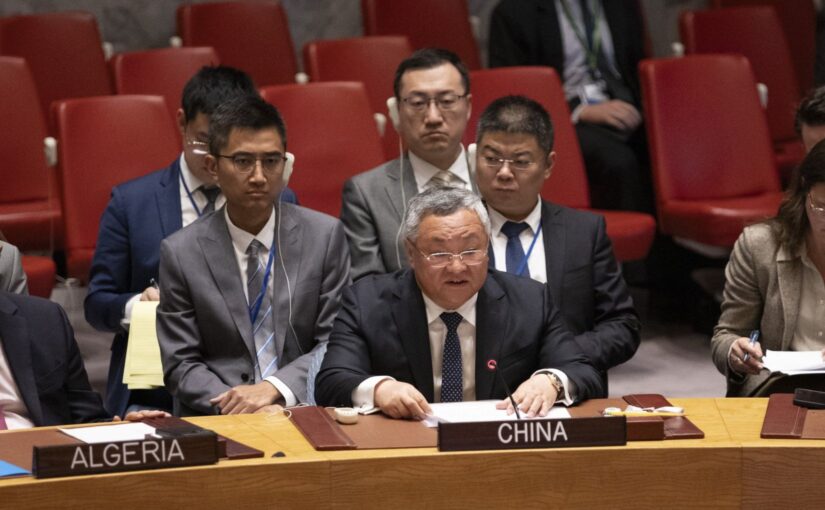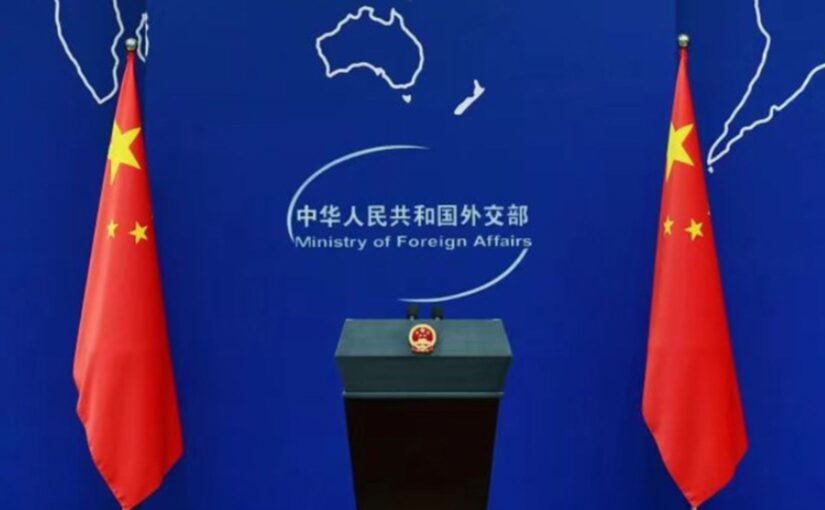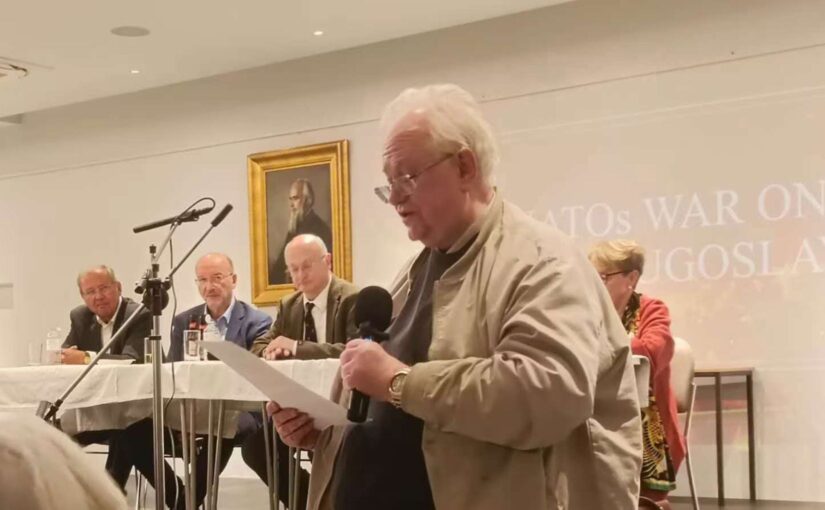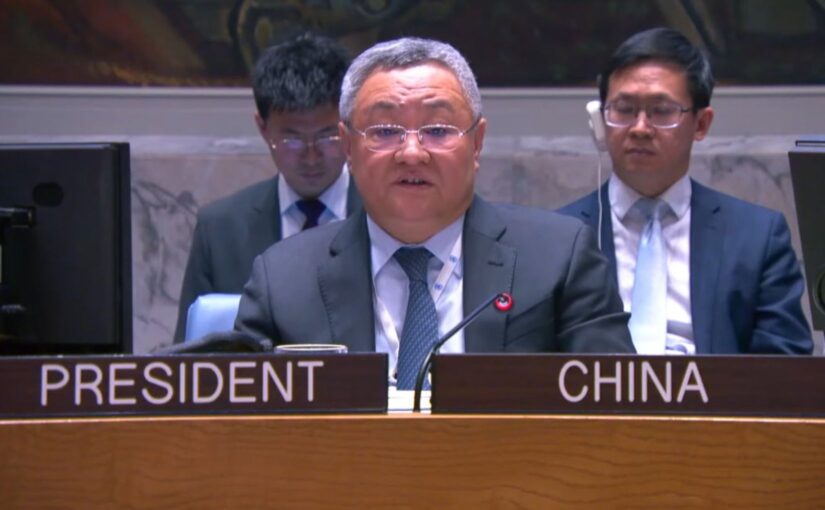Chinese Foreign Minister Wang Yi has repeated his country’s condemnation of the US-Israeli aggression against Iran and stressed that China stands for peace in a number of diplomatic exchanges.
Following his March 1 phone conversation with his Russian counterpart Sergei Lavrov, the following day Wang spoke with the foreign ministers of Iran, Oman and France.
Iranian Foreign Minister Seyed Abbas Araghchi briefed Wang Yi on the latest developments of the situation of Iran, noting that the US has launched war against Iran for the second time during their ongoing negotiations. Though the two sides have made positive progress in the latest round of negotiations, the US action violates all international laws and treads and even crosses the red line of Iran. The Iranian side has no choice but to defend itself at all costs. China has made public its voice for fairness and justice, and Iran hopes that China will continue playing a proactive role in preventing the escalation of tensions in the region.
Wang Yi noted that China values the traditional friendship between China and Iran and supports Iran in safeguarding its sovereignty, security, territorial integrity and national dignity and in upholding its legitimate and lawful rights and interests. He said that China has urged the US and Israel to immediately cease military actions to avoid further escalation of tensions and prevent the conflict from expanding and spreading to the entire Middle East region. China believes that under the current grave and complex situation, Iran will maintain its national and social stability, take seriously the legitimate concerns of neighbouring countries, and ensure the safety of Chinese citizens and institutions in Iran. (At least one Chinese citizen has so far been killed as a result of US-Israeli aggression.)
In his conversation with his Chinese counterpart, Omani Foreign Minister Sayyid Badr bin Hamad bin Hamood Albusaidi noted that under Oman’s mediation, Iran-US negotiations made unprecedented progress, yet regrettably, the US and Israel have cast aside the existing outcomes of the talks and launched a war. If the war continues, it will lead to more casualties and property losses. All parties should work together for an early ceasefire.
Wang Yi said that China appreciates Oman’s active mediation in advancing the negotiations between Iran and the US and its tremendous efforts for safeguarding regional peace. Despite progress in the talks, the US and Israel deliberately provoked a war against Iran, which clearly violates the purposes and principles of the UN Charter.
Regarding the spillover of the conflict to states in the Persian Gulf that harbour aggressive US military bases, Wang Yi pointedly noted that China expects that Gulf states will enhance their independence, oppose external interference, develop good neighbourliness, and strengthen solidarity and coordination, so as to truly hold their future firmly in their own hands.
In his call with Wang Yi, French Minister for Europe and Foreign Affairs Jean-Noël Barrot shared his country’s perspective on the current situation in the Middle East, underscoring that France and China, both permanent members of the UN Security Council, have special responsibility for upholding international peace and security. The US and Israel did not seek the opinions from the UN Security Council regarding their military action against Iran, nor did they obtain authorisation from the Council. All parties should work together to de-escalate the tensions and resolve such issues as the Iranian nuclear issue through negotiation. China has maintained good relations with both Iran and other Gulf states. France looks forward to joining hands with China to proactively ease the situation in the region.
Wang Yi reiterated China’s principled position, stressing that the international community should reject any act that violates international law and refrain from applying double standards. Major countries must not be allowed to attack others at will with their military might, nor should the world revert to the law of the jungle. China hopes that France will uphold an objective and just position, remain calm and rational, and work with China to de-escalate the situation, jointly safeguarding the basic norms of international relations.
On March 3, Wang Yi spoke with the foreign minister of the Zionist entity Gideon Sa’ar.
Wang pointed out that recent negotiations between Iran and the US had been making notable progress, which also took into account Israel’s security concerns. Regrettably, this process has been disrupted by military strikes. China opposes such strikes launched by Israel and the US against Iran. The use of force cannot truly solve problems. China calls for immediate cessation of military actions to prevent the conflict from further escalating and spiraling out of control. Wang further called on Israel to take concrete measures to ensure the safety and security of Chinese personnel and institutions.
Continue reading China’s diplomacy condemns aggression and pushes for peace